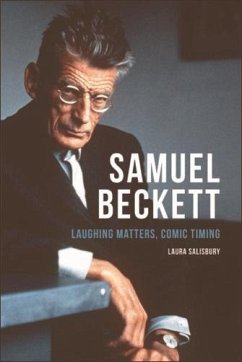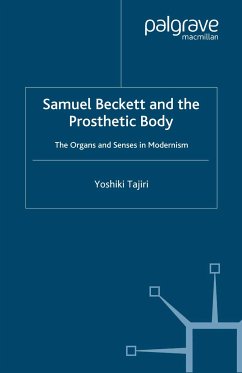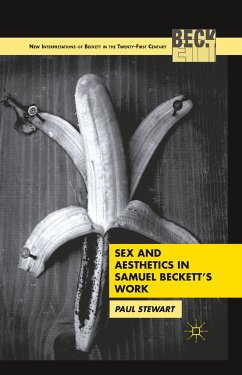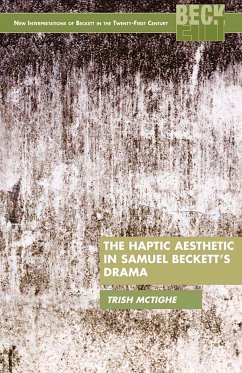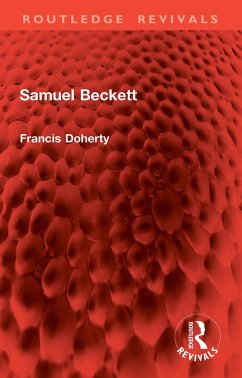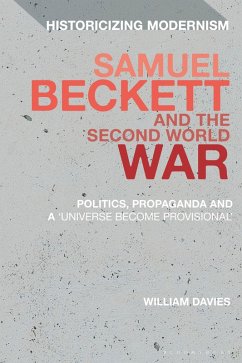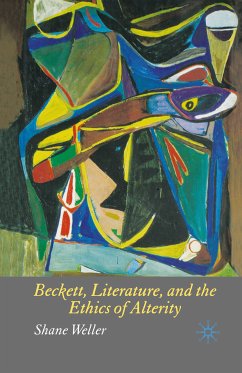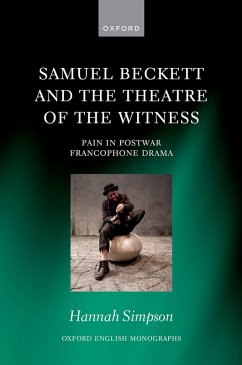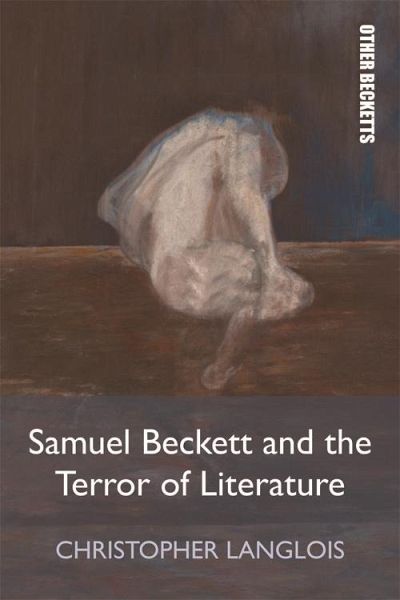
Samuel Beckett and the Terror of Literature (eBook, PDF)
Versandkostenfrei!
Sofort per Download lieferbar
0,00 €
inkl. MwSt.
Weitere Ausgaben:

PAYBACK Punkte
0 °P sammeln!
Samuel Beckett and the Terror of Literature addresses the relevance of terror to understanding the violence, the suffering, and the pain experienced by the narrative voices of Beckett's major post-1945 works in prose: The Unnamable, Texts for Nothing, How It Is, Company, Ill Seen Ill Said, and Worstward Ho. Through a sustained dialogue with the theoretical work of Maurice Blanchot, it accomplishes a systematic interrogation of what happens in the space of literature when writing, and first of all Beckett's, encounters the language of terror, thereby giving new significance - ethical, ontologic...
Samuel Beckett and the Terror of Literature addresses the relevance of terror to understanding the violence, the suffering, and the pain experienced by the narrative voices of Beckett's major post-1945 works in prose: The Unnamable, Texts for Nothing, How It Is, Company, Ill Seen Ill Said, and Worstward Ho. Through a sustained dialogue with the theoretical work of Maurice Blanchot, it accomplishes a systematic interrogation of what happens in the space of literature when writing, and first of all Beckett's, encounters the language of terror, thereby giving new significance - ethical, ontological, and political - to what speaks in Beckett's texts.
Dieser Download kann aus rechtlichen Gründen nur mit Rechnungsadresse in A, B, BG, CY, CZ, D, DK, EW, E, FIN, F, GR, HR, H, IRL, I, LT, L, LR, M, NL, PL, P, R, S, SLO, SK ausgeliefert werden.




